NOAA Designates Additional Critical Habitat for Sea Turtles off West Coast
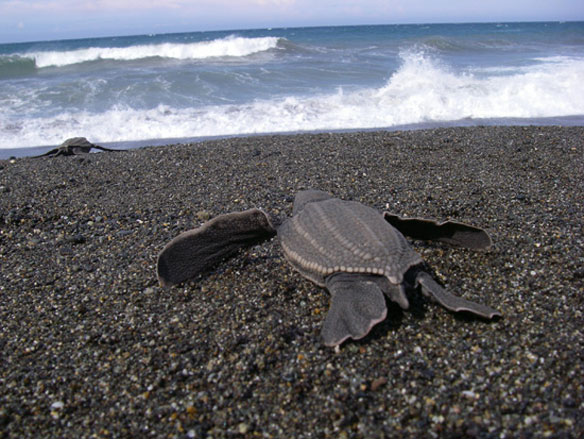
NOAA announced the designation of additional critical habitat to provide protection for endangered leatherback sea turtles along the U.S. West Coast. NOAA is designating 41,914 square miles of marine habitat in the Pacific Ocean off the coasts of California, Oregon and Washington.
Fukushima’s Impact on the Ocean and Marine Sediments

The release of radioactivity from Fukushima, both as atmospheric fallout and direct discharges to the ocean, represent the largest accidental release of radiation to the ocean in history, and concerns remain high as radiation accumulates in marine sediments.
Mysterious Flotsam in Gulf of Mexico Came from Deepwater Horizon Rig
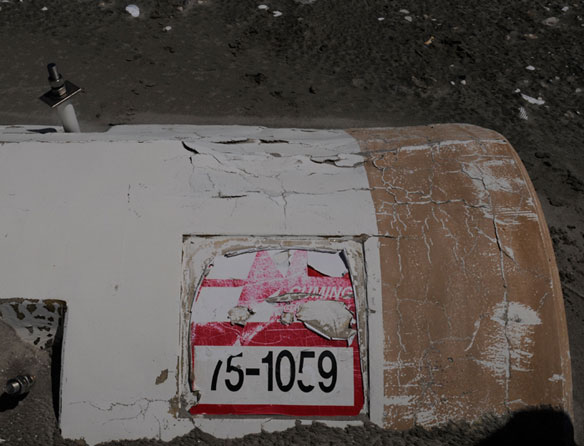
A research team led by scientists at Woods Hole Oceanographic Institution (WHOI) confirmed that flotsam, found in the Gulf of Mexico and along coastal beaches, were pieces of material used to maintain buoyancy of the pipe bringing up oil from the seafloor. Tracking debris from damaged oil rigs could help forecast coastal impacts in the future.
Okaloosa County Abolishes Beach Renourishment
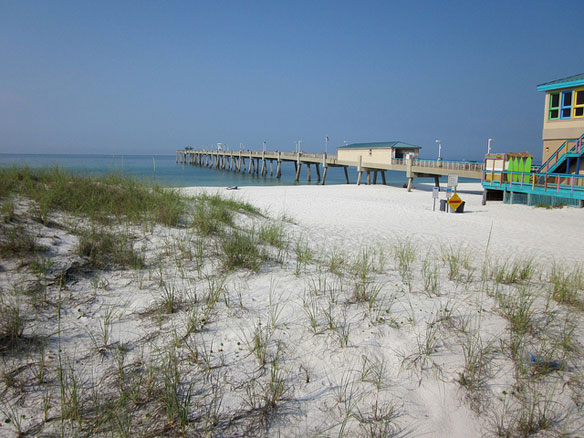
After more than four years of debate, fears of dark, shell-heavy sand being dumped on Okaloosa Island’s white beaches have been put to rest as Okaloosa County commissioners abolished the beach renourishment project.
Breakthrough in Seaweed Biofuel Reported
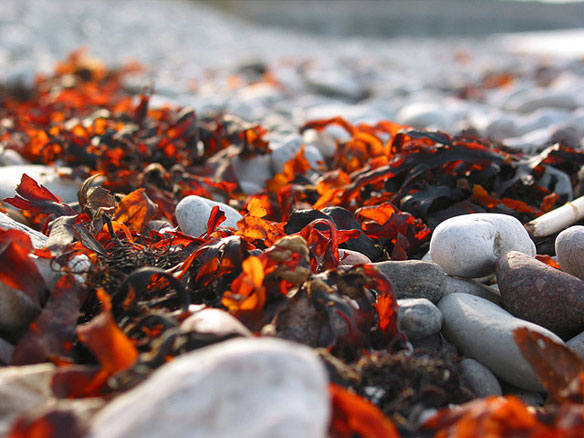
Energy experts believe that seaweed holds enormous potential as a biofuel alternative to coal and oil, and US-based scientists say they have unlocked the secret of turning its sugar into energy.
Cruise Ship Threatens Marine Paradise
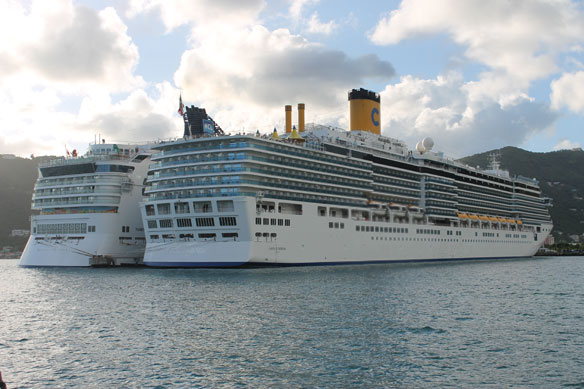
The risk of environmental damage to the Tuscan Archipelago National Park seas’ has not yet receded, as half-million gallons (2,400 tons) of black goo are still trapped within the capsized Costa Concordia luxury liner, in danger of leaking out and polluting some of the Mediterranean’s most unspoiled sea.
Ghana’s Booming Offshore Oil Industry and Environmental Concerns
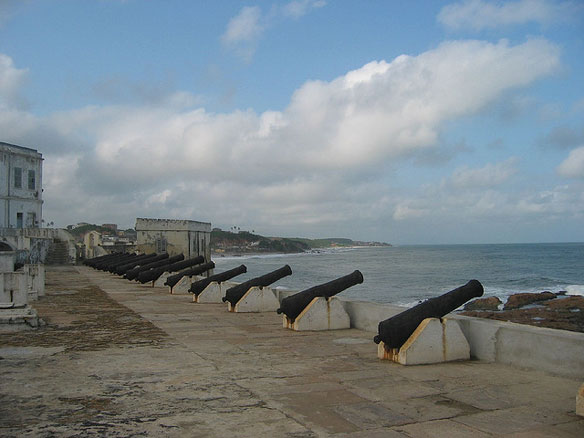
Environmental concerns are raised as more oil companies begin drilling off the coast of Ghana. Does the country have the resources to cope with a major spill?
Huge oil rig arrives to explore in Cuban waters

A massive drilling rig arrived Thursday in the warm Gulf waters north of Havana, where it will sink an exploratory well deep into the seabed.
Puerto Rico Installing Tsunami Sirens in Capital

Puerto Rico is setting up a tsunami alert system in densely populated San Juan.
